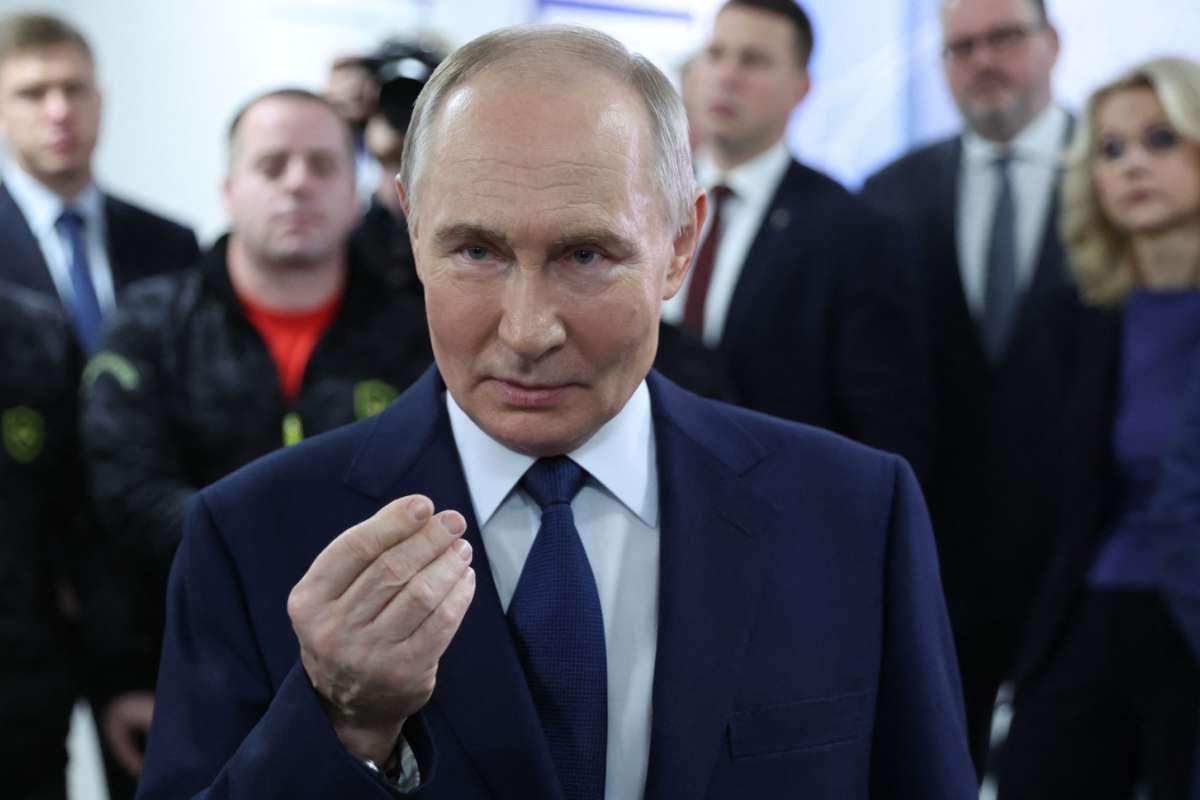Testing Internet Control in Key Regions
Russia has advanced its efforts to develop a sovereign internet by restricting access to the global web in certain regions. According to reports from local news outlets and the U.S.-based think tank, the Institute for the Study of War (ISW), Russia’s internet regulatory agency, Roskomnadzor, conducted tests that limited internet access in Dagestan, Chechnya, and Ingushetia. These Muslim-majority regions have historically experienced unrest against Moscow’s authority.
During these tests, residents in the affected areas faced disruptions on platforms like YouTube, Telegram, and Amazon. Even virtual private networks (VPNs), which typically allow users to bypass public internet restrictions, were rendered ineffective. Dagestani news site Chernovik reported that the measures were part of a broader initiative to enforce tighter control over Russia’s information space.
Roskomnadzor stated that these tests aimed to ensure RuNet—Russia’s sovereign internet—could operate independently of the global web. This strategic move aligns with the Kremlin’s long-standing goal of managing the flow of information within the country and safeguarding its digital infrastructure from foreign influences.
Censorship and VPN Usage in Russia
Russia has steadily increased internet censorship, restricting access to global news outlets and platforms since its invasion of Ukraine in 2022. The war prompted tougher internet controls, leading to a surge in demand for VPNs as citizens sought to bypass restrictions and access international information.
However, the recent tests demonstrate the Kremlin’s ability to thwart VPNs, a critical tool for bypassing censorship. These measures reflect Moscow’s desire to suppress dissent and control narratives on sensitive topics, including the ongoing conflict in Ukraine.
The ISW noted that these tests were likely designed to assess the feasibility of isolating volatile regions from the global web in the event of unrest. By targeting areas like Chechnya and Dagestan, which have histories of instability, the Kremlin aims to restrict access to communication platforms like Telegram, widely used to organize protests and share uncensored information.
RuNet and Broader Implications
The Kremlin’s vision for a sovereign internet, or RuNet, represents a significant step toward isolating Russia’s digital landscape. By testing its ability to disconnect from the global web, the government seeks to ensure tighter control over online activity within its borders. Such measures would also enhance the state’s ability to monitor and regulate the flow of information during periods of social or political instability.
While these tests have raised concerns about digital freedom, they underscore Moscow’s intent to institutionalize a more controlled and insulated internet. The ISW highlighted that these efforts are not limited to volatile regions but are part of a broader plan to centralize internet control across Russia.
As Russia advances its sovereign internet initiative, questions remain about its long-term implications for citizens’ access to information, global connectivity, and the potential for further isolation from the international community.










